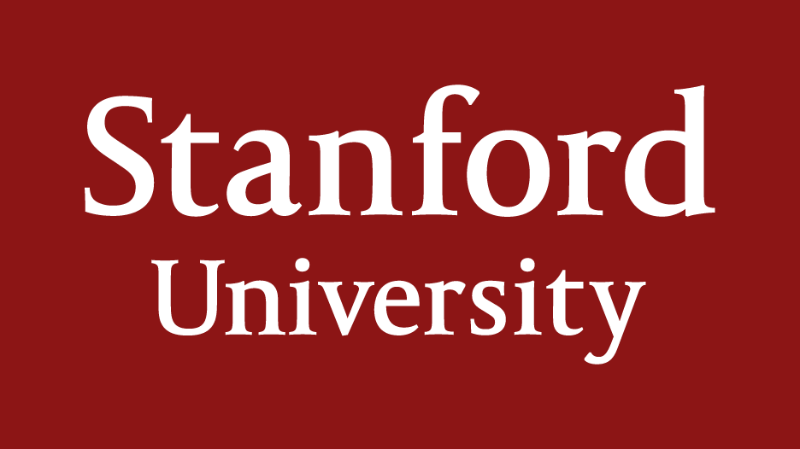The Metaphysics Research Lab consists of a group of researchers located around the world collaborating with Edward N. Zalta on the axiomatic theory of abstract objects. This theory consists of principles that govern the abstract objects presupposed in the natural sciences, such as mathematical objects and relations, possible states, possible and future objects, etc. The two main principles of the theory are existence and identity conditions for abstract objects: ∃x(A!x & ∀x(xF ≡ φ)) and A!x & A!y → (∀F(xF ≡yF) → x=y).
At present, Zalta is collaborating with Hannes Leitgeb on a paper that shows how object theory offers a logicist account of mathematics. He is also collaborating with Otávio Bueno and Christopher Menzel on a paper that shows how object theory avoids the Russell-Kaplan style paradoxes that affect those who analyze possible worlds as sets of propositions or analyze propositions as sets of worlds. Finally, he is collaborating with Paul Oppenheimer and Jesse Alama on a project in computational metaphysics, namely, that of using automated reasoning engines to derive the theorems about possible worlds and individual concepts that were first described in Zalta's paper “A (Theory) of Leibnizian Concepts”
Recently, Zalta completed a paper with Uri Nodelman, entitled “Foundations for Mathematical Structuralism” (under review), a paper with Branden Fitelson entitled “Steps Towards a Computational Metaphysics” (J. Philosophical Logic), a paper with Bernard Linsky entitled “What is Neologicism?” (Bulletin of Symbolic Logic), a paper with Michael Nelson entitled “A Defense of Contingent Logical Truths” (Philosophical Studies, forthcoming), and two papers with Paul Oppenheimer, one entitled “Relations Versus Functions at the Foundations of Logic: Type-Theoretic Considerations” (Journal of Logic and Computation) and one entitled “A Computationally-Discovered Simplification of the Ontological Argument” (Australasian Journal of Philosophy).

